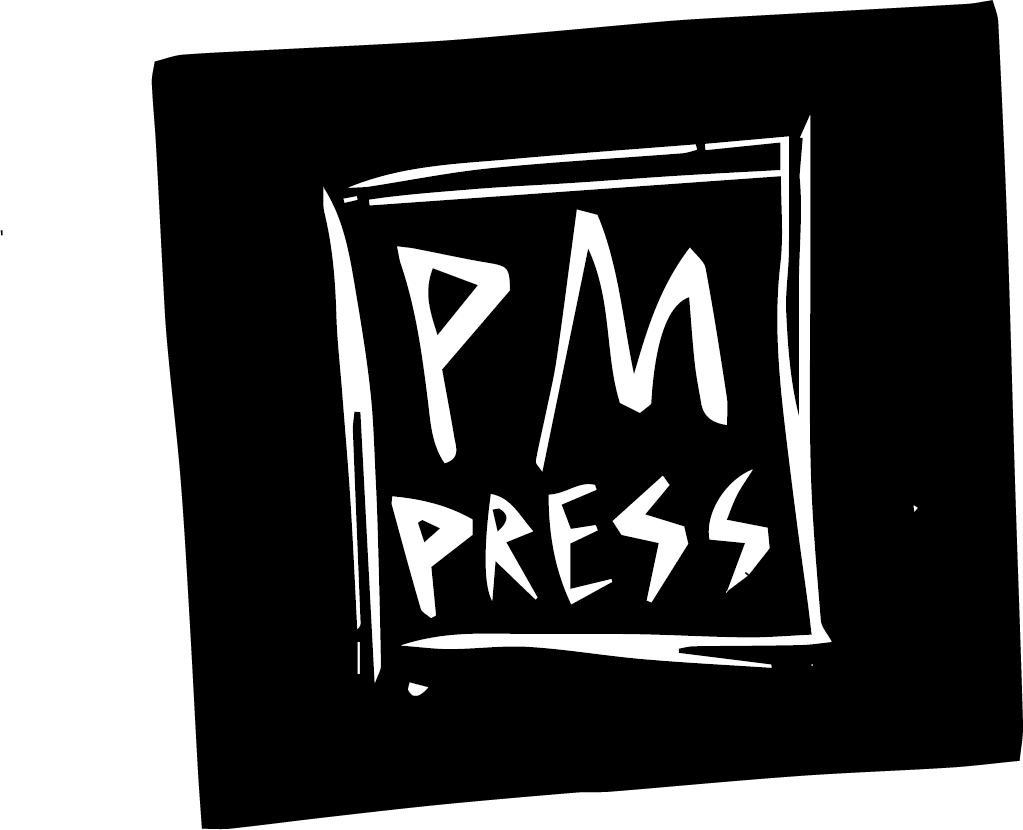From blues to industrial and rap, these extraordinary recordings showcase the community of descendants of the last slavers’ ship to the US
By Jude Rogers
The Guardian
March 8th, 2024
early five decades after the importation of enslaved people was abolished by US Congress in 1807, the last slaver’s ship came from west Africa to dock in Mobile, Alabama, in defiance of the law. Around 100 of those enslaved people’s descendants still live in Africatown, a neighbourhood north of the city. This compilation sets this community’s songs, stories and memories against industrial sounds that shudder around their 21st-century lives.
In charge are Italian-Rwandan filmmaker Marilena Umuhoza Delli and her husband, Grammy-winning producer Ian Brennan (Tinariwen, Zomba Prison Project, and, intriguingly, the live shows of good friend John Waters). They capture their subjects in live first takes, though sadly the performers aren’t named: this was their decision because they wanted their story to be told collectively. But the music is so powerful – the bluesy Run If You Can (Don’t Go Down That Road) sets a male singer’s husky bass against the sparse notes of Ghanaian lute the kologo – you want to know who made it.
Sounds mix and clash throughout, creating wildly varied worlds. In Family Secret, an older man’s story of never hearing Africa mentioned in his childhood, car and ship horns blare like expressive punctuation. Different horns – the bright wails of saxophones – accompany another’s memories of segregation in Black Part of Town, while unsettling metallic grooves spin behind the astonishing, female-led Haunted By Her Capture.
Run, If You Can (Don’t Go Down that Road)
Also present are spoken-word and rap recalling the mid-20th century griot energy of the Last Poets and Gil Scott Heron, plus sped-up vocals, computer startup tones and Einstürzende Neubauten levels of industrial noise, suggesting the discombobulation and horror that progress can bring. They sit alongside folk and church traditions: in thumb pianos, hand drums, plucked strings, and the gospel of Kept Me, Do You Hear Me Now and Walk With Thee. All are performed in urgent, idiosyncratic ways by stirring individuals who deserve, in all ways, to be heard.






